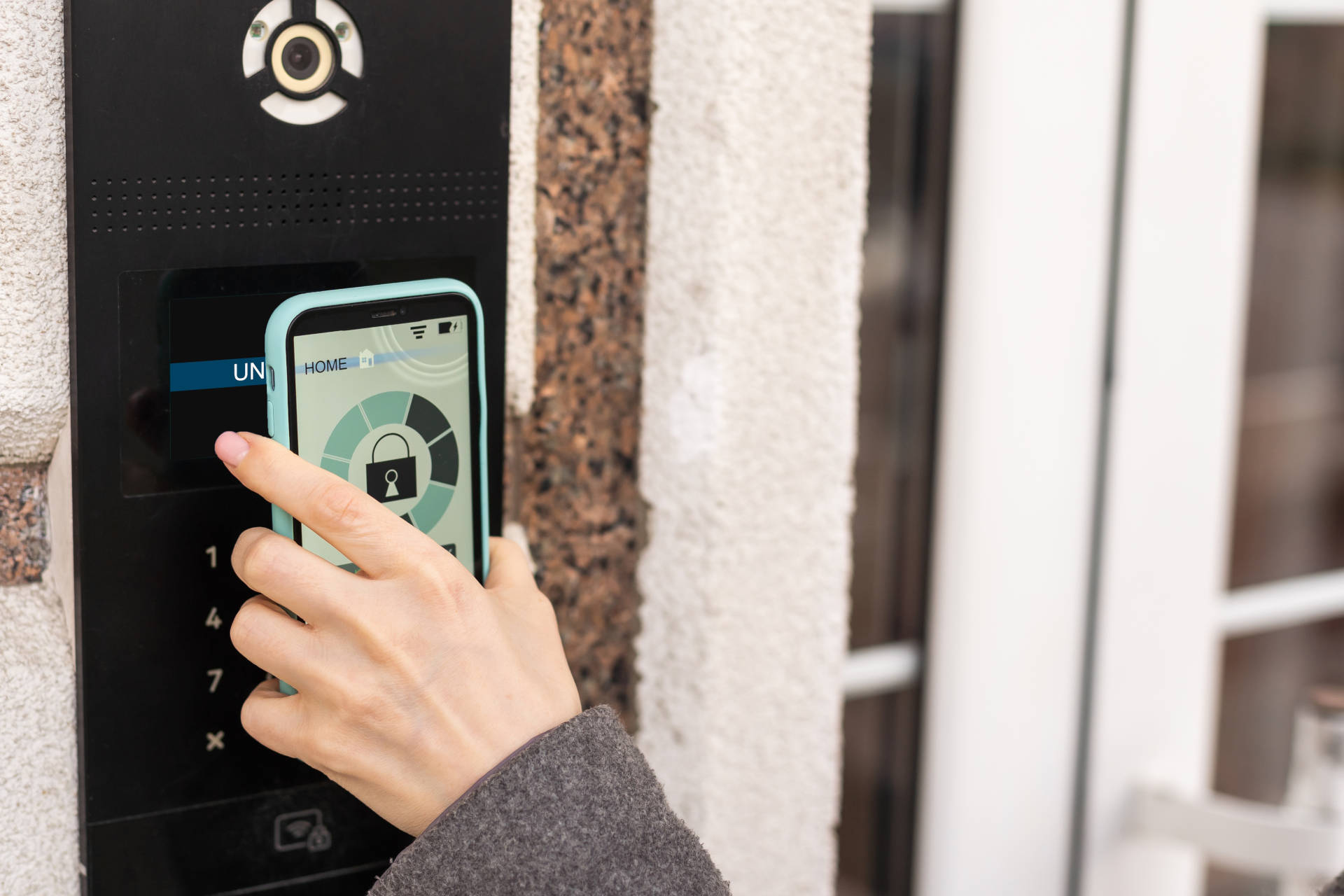In the contemporary business landscape, where security challenges are increasingly complex, the role of access control systems has become more crucial than ever. These systems, evolving over time from mechanical locks to sophisticated digital solutions, now stand at the forefront of protecting businesses against unauthorized access and security breaches. This article delves into the world of state-of-the-art access control systems, their development, functionalities, and how they can be effectively implemented to fortify business security.
Access Control in Business Security
Access control systems are pivotal in modern business security, providing a first line of defense against unauthorized entry and potential threats. The evolution of these systems, from traditional lock-and-key mechanisms to advanced digital solutions, reflects the growing need for enhanced security measures in response to evolving threats.
Fundamentals of Access Control Systems
At its core, access control regulates who can enter or access certain areas within a business. There are various types of systems, including Discretionary Access Control (DAC), Mandatory Access Control (MAC), and Role-Based Access Control (RBAC). Each type offers different levels of security and control, suitable for different business environments.
Analyzing Business Security Needs
Tailoring an access control system begins with a thorough assessment of a business’s specific security requirements. Factors such as the nature of the business, size and layout of the facility, and potential security threats play a crucial role in determining the appropriate access control solution.
Latest Developments in Access Control Technology
Recent advancements in technology have significantly enhanced the capabilities of access control systems. Innovations include biometric systems, smart card technologies, and mobile access solutions, each offering improved security, efficiency, and user convenience.
Biometric Access Control Systems
Biometric systems use unique physical characteristics, such as fingerprints, facial recognition, or iris scans, to grant access. These systems offer a high level of security by ensuring that access is granted only to authorized individuals based on their biological traits.
Smart Card and Mobile-Based Access Systems
Smart card technologies provide a secure and convenient way to access control, using cards embedded with chips that store user data. Mobile-based systems leverage smartphones and apps, offering flexibility and ease of use, allowing users to control access directly from their devices.
Integration with Other Security Systems
The effectiveness of access control systems is enhanced when integrated with other security measures like CCTV and alarm systems. This integration provides a comprehensive security solution, allowing for coordinated responses to security incidents.
Customizing Access Control for Different Business Types
Different businesses require different access control solutions. A manufacturing plant might need a more robust system compared to a small office. Customizing access control systems to fit specific business types ensures that they adequately address the unique security challenges of each environment.
Cybersecurity and Access Control
As access control systems become more interconnected, the importance of cybersecurity grows. It’s crucial to protect digital access control systems against cyber threats, employing strategies like secure encryption and regular software updates.
Compliance and Regulatory Considerations
Businesses must also consider compliance with industry standards and legal regulations when implementing access control systems. Adhering to these regulations is critical to avoid legal repercussions and ensure the system’s integrity.
Challenges and Solutions in Access Control Implementation
Implementing access control systems comes with challenges, such as technical complexities and integration with existing infrastructure. Identifying and addressing these challenges is key to a successful implementation.
Maintenance and Upkeep of Access Control Systems
Regular maintenance and updates are vital to ensure the ongoing effectiveness of access control systems. This includes routine checks, software updates, and addressing wear and tear.
The Role of Training and User Awareness
Effective access control is not just about technology; it also involves training employees on the proper use of these systems and raising awareness about security protocols.
Future Trends in Access Control Technology
The future of access control technology is likely to see further advancements, such as integration with artificial intelligence and machine learning for smarter security solutions.
IPView Security’s Expertise in Access Control Solutions
IPView Security specializes in providing state-of-the-art access control solutions. Our expertise lies in customizing systems to meet the specific needs of businesses, ensuring optimal security.
Choosing the Right Access Control System for Your Business
Selecting the right access control system involves considering factors like the nature of the business, size of the facility, and specific security requirements. Expert guidance from companies like IPView Security can be invaluable in this process.
Working with IPView Security for Access Control Solutions
For businesses looking to enhance their security, working with IPView Security offers access to expert advice, top-tier solutions, and professional installation and maintenance services.
Enhancing Business Security with Advanced Access Control
State-of-the-art access control systems play a critical role in business security. By choosing the right system and partnering with IPView Security, your business can significantly enhance its security posture, safeguarding your assets, employees, and information against modern security threats.

